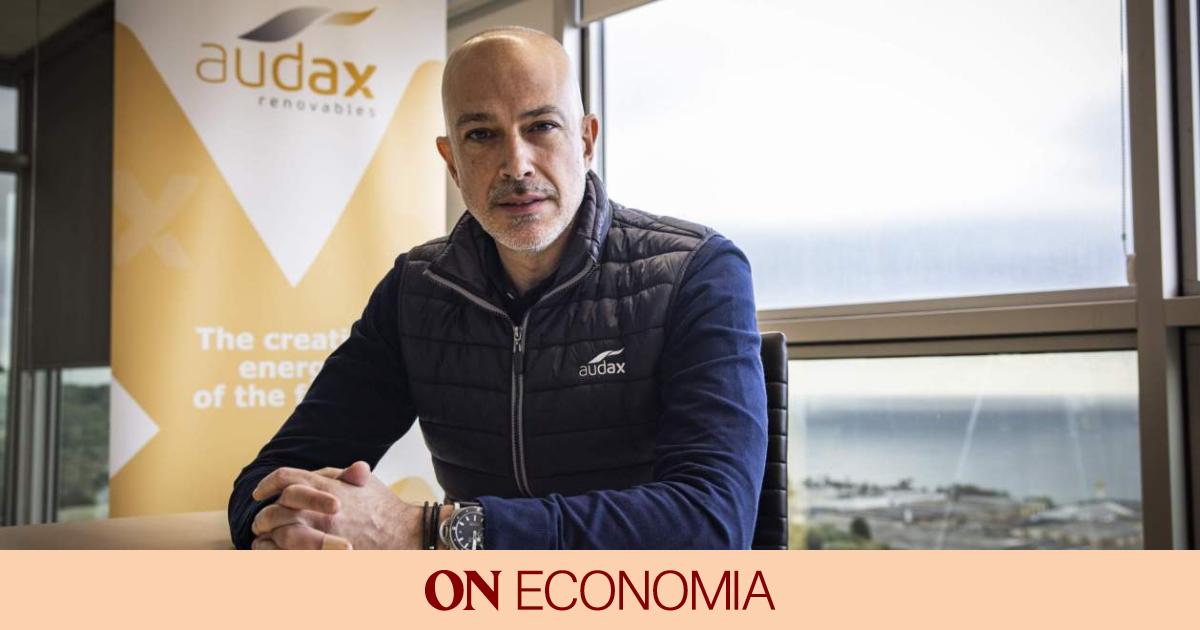Ministers appoint a new EU negotiator Keir Starmer seeks to reshape Britain’s relationship with Europe.
The post, advertised by the Cabinet Office and worth at least £153,000 a year, will act as a representative for all of Britain’s contacts with the bloc.
The role is described as “principal advisor to the Prime Minister and the Minister for”. The European Union Relations (Nick Thomas-Symonds) on issues related to the relationship with the EU and the implementation of the “EU reset” as well as international economic issues”.
The applicant would also represent the Prime Minister in the negotiations.
The Trade and Cooperation Agreement, the foundation of post-Brexit relations between the UK and the EU, will be the subject of renewal negotiations in 2025.
The representative would likely be responsible for overseeing these discussions and receive a salary of between £153,000 and £200,000.
Starmer has promised to fundamentally change Britain’s relationship with the EU. Since taking office, he has visited German Chancellor Olaf Scholz in Berlin and met French President Emmanuel Macron in Paris. Him too hosted 50 executives from across the continent to the meeting of the European Political Community at Blenheim Palace in Oxfordshire.
Last month Starmer admitted there would be challenges in repairing relations but said he was “abandoning the old way of doing these negotiations” and moving towards a “more constructive” approach.
The Conservative Party said the appointment of a new EU negotiator showed the prime minister was trying to “undermine Brexit and our status as a sovereign nation with his plan to readmit the country to the EU”.
Shadow foreign secretary Priti Patel said: “The Conservative Party will not stand idly by and watch the will of the British people be overturned while Labor arrogantly capitulates to the EU.”
A Labor source said: “This is really desperate stuff from the Conservatives. There will be no return to the EU, the customs union, the single market or free movement.”
Skip previous newsletter campaign
Our morning email breaks down the day’s biggest events, telling you what’s happening and why it matters
Personal Data Protection Regulation: Newsletters may contain information about charities, online advertising and content sponsored by external parties. For more information, see our Privacy Policy. We use Google reCaptcha to protect our website and Google Privacy Policy And Terms of Use apply.
after newsletter advertising
“We are focused on acting in the national interest – reducing trade barriers, improving cooperation to dismantle criminal people smuggling gangs and working closely with our allies to resist Putin’s aggression.”
“We will not return Britain to the Tory days of chaos and division.”
The state office was contacted for comment.

**How might the appointment of a dedicated EU negotiator impact public perception of the UK government’s stance towards the EU, and could this potentially influence future electoral outcomes?**
## Realigning with Europe: Decoding Starmer’s New EU Strategy
Welcome to World Today News. We’re delving into the latest developments concerning the UK’s relationship with the European Union with two esteemed guests:
**Dr. Alice Beaumont**, Professor of Political Science at the University of Edinburgh, specializing in UK-EU relations.
**Mr. David Carter**, a former diplomatic advisor to the British government, with extensive experience in EU negotiations.
**Section 1: The Need for a Negotiator**
* Dr. Beaumont, Prime Minister Starmer has created a new position specifically dedicated to EU negotiations.
What signals does this send about the UK’s approach to its relationship with Europe under his leadership?
* Mr. Carter, considering your experience in negotiating with the EU, how crucial is having a dedicated representative for such negotiations? What advantages does this bring to the table?
**Section 2: The Changing Landscape of UK-EU Relations**
* Dr. Beaumont, Starmer has spoken about a “more constructive” approach to EU relations.
What specific changes might we expect to see compared to the previous government’s stance?
* Mr. Carter, what are the most pressing issues that will likely dominate these upcoming negotiations, particularly regarding the Trade and Cooperation Agreement renewal in 2025?
**Section 3: Political Reactions & Future Trajectory**
* Mr. Carter, the Conservative Party has criticized this move, accusing Starmer of attempting to “undermine Brexit.” How relevant is this debate in the current political landscape?
* Dr. Beaumont, looking further ahead, what are the potential long-term implications of this shift in strategy for the UK’s relationship with the EU? Could we see a gradual rapprochement, or are fundamental structural differences likely to remain?
**Section 4: Public Perception**
* Dr. Beaumont, public opinion on the UK’s relationship with the EU has been polarized.
How do you see public sentiment influencing the government’s approach to these negotiations and the future direction of our relationship with Europe?
* Mr. Carter, what advice would you give to both parties – the UK and the EU – to ensure these negotiations are conducted productively and lead to mutually beneficial outcomes?
**Conclusion**
Thank you, Dr. Beaumont and Mr. Carter, for these insightful perspectives. The coming months will undoubtedly be pivotal in shaping the UK’s relationship withEurope.
This interview highlights the complexity of the issues at play and emphasizes the need for careful navigation and constructive dialog. We at World Today News will continue to monitor these developments closely and provide comprehensive coverage to our readers.

